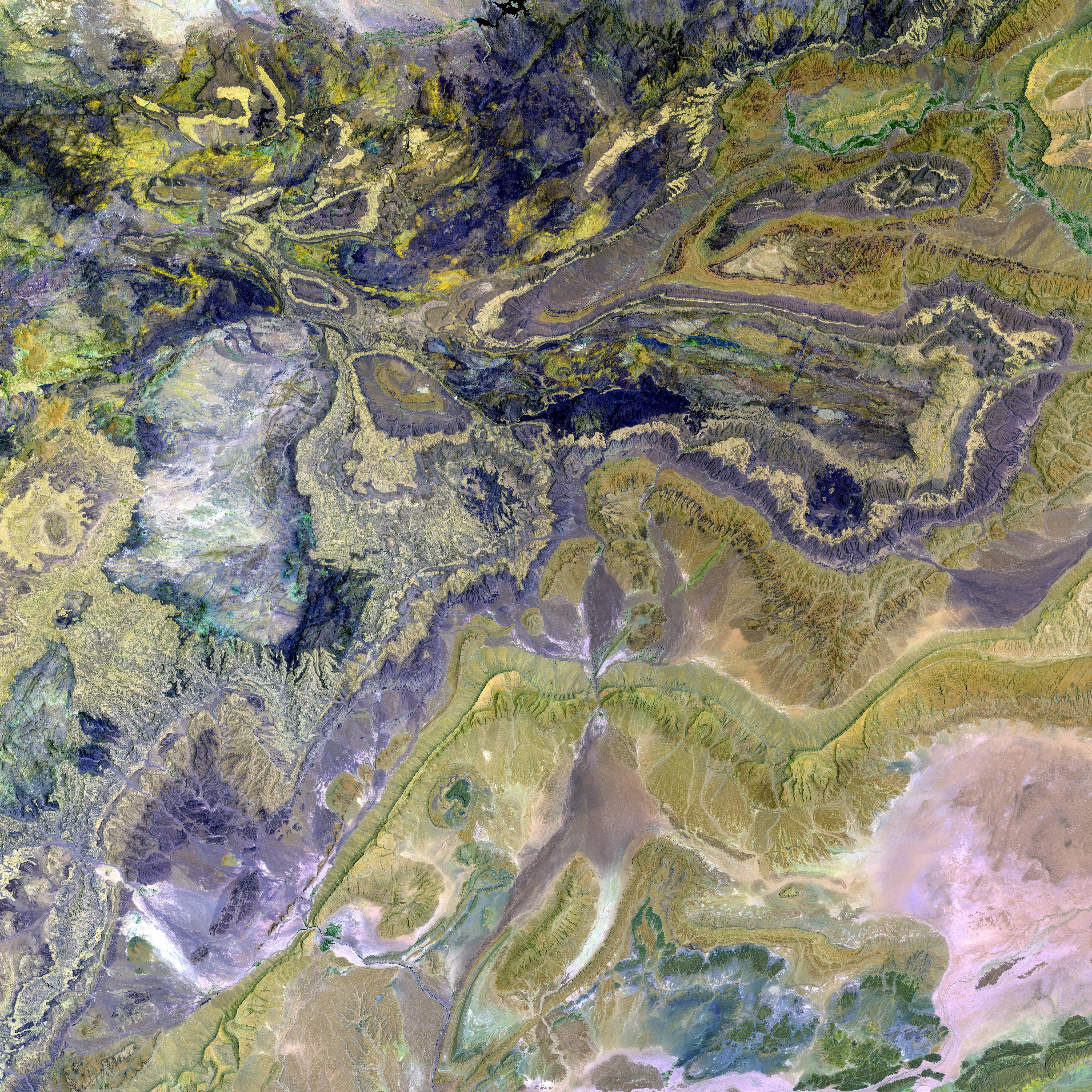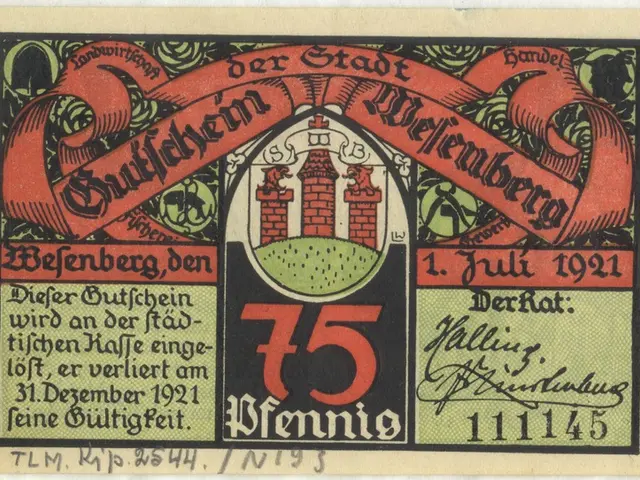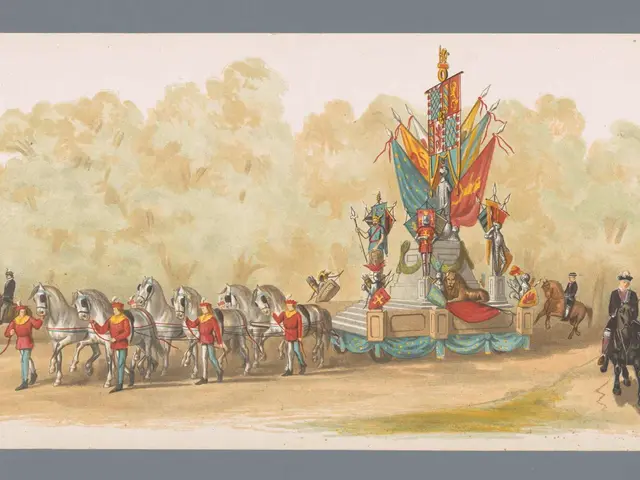Contentious Georgia Presidential Election Anticipated to Enhance Political Discord
Georgia faces a potential power struggle as incumbent President Salome Zourabichvili refuses to step down on December 14, challenging the legitimacy of the Georgian Dream government. Zourabichvili's defiance sets the stage for a dual- power scenario, which could potentially destabilize the country.
The upcoming presidential election will be held by an electoral college, predominantly controlled by Georgian Dream representatives. The opposition argues that the electoral process is illegitimate due to the substantial irregularities documented during the October parliamentary election. As a result, they vow not to recognize the new president.
Opposition forces have issued a joint statement asserting that the illegitimate parliament lacks the authority to elect a new president. Accordingly, they contend that Zourabichvili remains the country's president, supreme commander-in-chief, and highest representative in foreign relations.
Zourabichvili has vowed not to relinquish her office, claiming that the president is the only independent and legitimate institution left in the country. She accuses the illegitimately installed MPs of lacking the standing to select her replacement.
Prime Minister Irakli Kobakhidze has declared that the government is prepared to compel Zourabichvili to vacate her residence and hand it over to the new president once appointed. To pressure Zourabichvili, the government has reportedly cut off heating in her residence, and is planning to remove her security detail upon the expiry of her term.
Despite the adversity, Zourabichvili remains undeterred, expressing confidence in the support of the people. The Georgian presidency, though primarily ceremonial, has been instrumental in galvanizing opposition against Georgian Dream's attempts to consolidate power and steer the nation away from its constitutionally mandated goal of joining the European Union.
Zourabichvili was directly elected as president in 2018, though she had the backing of Georgian Dream and billionaire impresario, Bidzina Ivanishvili. However, her relationship with the party soured over time, particularly after the government distanced Georgia from Western political and economic institutions.
The newly elected president, Mikheil Kavelashvili, is a former soccer player known for his anti-Western views. Kavelashvili, a Georgian Dream candidate, was previously an MP but subsequently broke away to form a new party, claiming he aimed to expose the true influence of the West in Georgia. Kavelashvili is also associated with the controversial Russian-style "foreign agent" law, which was eventually adopted by parliament amid fierce protests.
- The political standoff in Georgia, sparked by President Salome Zourabichvili's refusal to step down, has raised concerns about war-and-conflicts and general-news, as the potential power struggle could destabilize the country.
- The opposition's argument against the legitimacy of the electoral process, due to documented irregularities during the October parliamentary election, has sparked debates in crime-and-justice and policy-and-legislation, as they refuse to recognize any new president.
- The dispute over presidential power, with Zourabichvili holding onto her office despite the opposition's claims, has led to a news cycle filled with migration, as citizens may consider leaving due to the country's instability.
- The ongoing crisis, with Prime Minister Irakli Kobakhidze planning to compel Zourabichvili to vacate her residence, brings accidents, fires, and crime-and-justice into focus, as the president's security detail may be at risk oraclashes may erupt.
- The future of Georgia's foreign relations, with Zourabichvili's stance against the Georgian Dream government, could impact policy-and-legislation and car-accidents, as the country's commitment to joining the European Union may be at stake, potentially affecting trade and diplomatic relations with European nations.








